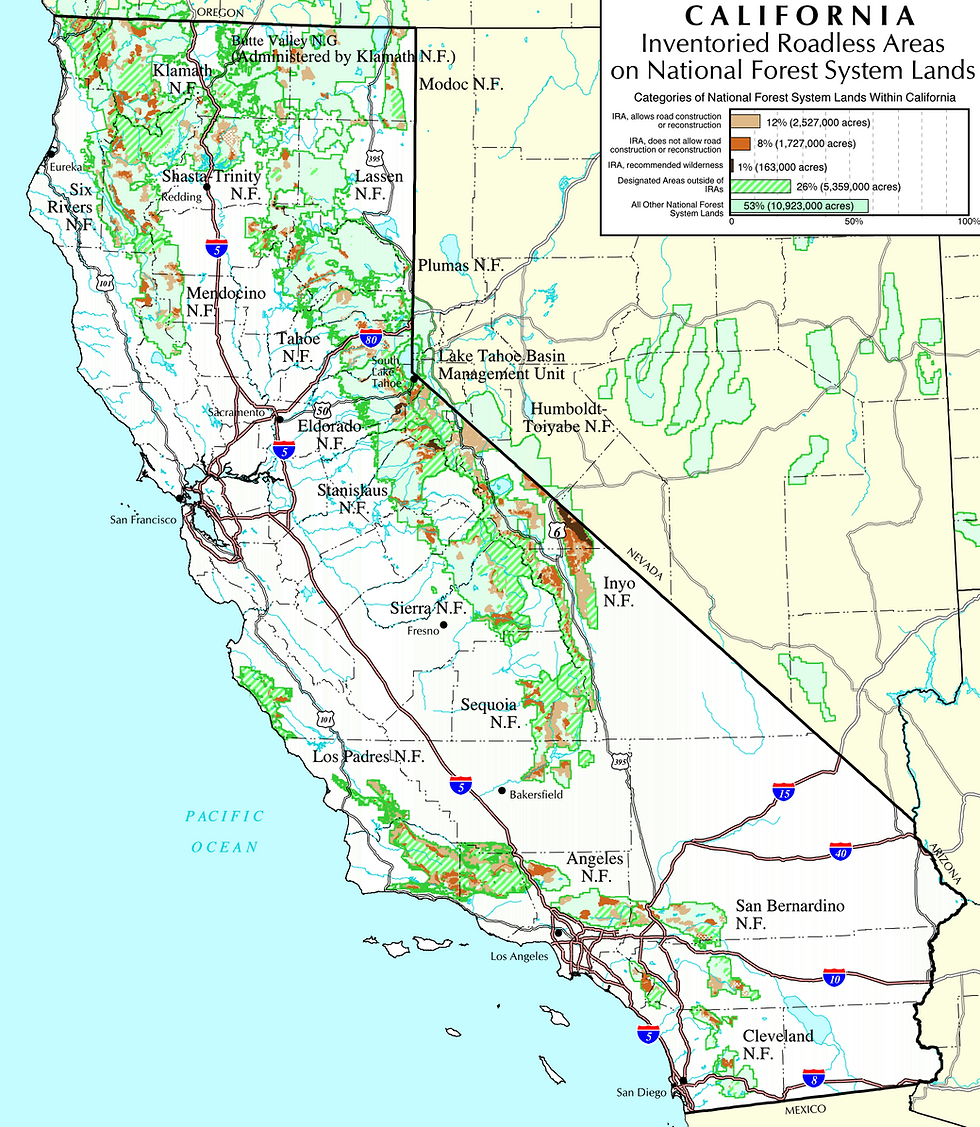Stop the Cruel Practice of “Hounding”
- Apr 19, 2012
- 3 min read
EPIC supports Senate Bill 1221 which will stop the cruel and unsporting practice of “hounding” bears and bobcats. A special thank you Jennifer Fearing at The Humane Society of the United States for providing the picture and information below.
Hounding involves fitting dogs with radio devices that allow bear and bobcat houndsmen to monitor the dogs’ movement remotely. Dogs are released to chase frightened wild animals often for miles, across all types of habitat, including forests and private property. Dogs pursue their target until exhaustion and drive the bear or bobcat up a tree to escape or turns to confront the dog pack. Hound hunters may use packs of up to 20 hounds.
Since the pursuit of bears and bobcats by hounds depends on releasing them to run across large tracts of land, hounds also pursue non-target species, including deer and ground-nesting birds, and animals who are endangered or protected. The nature of hounding also causes significant conflicts between hound hunters and landowners, other types of hunters, and other outdoor recreationists.
The DFG estimates that as many black bears are taken illegally as legally each year owing to the lucrative black market for bear parts like gallbladders, paws and claws. And the population may be in more trouble than some might think. The black bear harvests in 2010 and 2011 were unusually low, raising questions about the size and health of California’s bear population. Bears hunted in 2010 totaled 1,503 animals and in 2011 were 1,264 – both the two lowest harvests in the past 18 years. This decline should be a cause for concern about the population, which may be declining in California.
UNETHICAL AND UNNECESSARY
SB 1221 is the third legislative effort to stop hounding in California since 1993. A 2011 research poll revealed that 83 percent of California voters oppose the practice of bear hounding. Less than 1% of Californians hunt, so hunting traditions depend on how non-hunters view the legitimacy of hunting practices.
Due to uncertainty over the health of California’s bear population and public backlash over unethical aspects of bear hunting, the California Fish and Game Commission did not approve efforts to expand bear hunting quotas and expansion of hounding territory and technology during the 2009 – 2011 mammal regulatory processes.
The practice of hounding is not necessary. Approximately half of the legal bear kill and 80% of the bobcat take is achieved by hunters who do not use hounds. Eighteen states allow the hunting of bears with hounds and 14 states conduct successful hunting seasons without resorting to this unfair and inhumane hunting practice. Hunters often profess adherence to rules of fair chase, which require that animals have a reasonable chance to escape. There is nothing fair about a pack of trained hounds wearing radio collars running down a wild animal or shooting exhausted wild animals off tree limbs.
CONCERNS FOR HOUND WELFARE
Dogs can be injured during the chase and confrontations. Bears are poor distance runners and when they tire may stand and fight with dogs instead of treeing. Dogs may be struck by vehicles, die as a result of dehydration or confrontations with wildlife, or be abandoned at local animal shelters. A Yosemite National Park ranger who cited houndsmen in four different incidences of bear-hunting hounds running illegally in the park during the past two years said that “some of the dogs are really skinny” and that houndsmen may keep their dogs hungry to encourage their prey drive. In October of last year, Mendocino County Animal Care Services reportedly took in 30 hounds from a single kennel. Other California humane societies, SPCAs and animal care agencies have also experienced significant issues with hunting hounds including picking up injured dogs who often go unclaimed by their owners causing a drain on shelter resources.
FOR MORE INFORMATION AND TO TAKE ACTION
Please attend the Sacramento hearing on the April 24. It is critical to pack the house. There are going to be hundreds of houndsmen and other hunters in opposition. The hearing will be in Room 112 and a second room added for overflow. While the hearing starts at 9, we encourage people to arrive earlier to ensure seats in the main room.





Comments